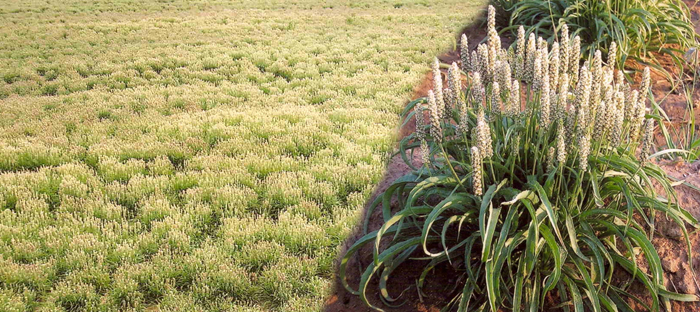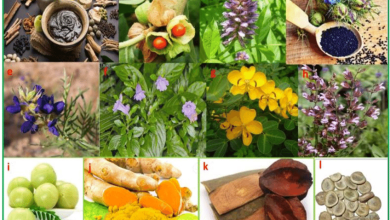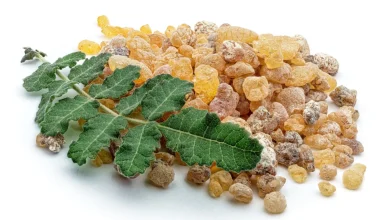Psyllium

What is Psyllium?
Psyllium is an umbrella name for all plants belonging to the genus Plantago. The seeds of these plants are covered by a husk that contains many benefits for the human body. Psyllium husk is a natural fiber that cleanses the system, controls appetite, and improves digestion. In the Indian subcontinent, where this plant is natively found, it is known as isapgol and its use as a health aide goes back hundreds of years.
A high fiber diet is all the rage these days amongst fitness enthusiasts and doctors. This is because fiber helps people feel full so they eat less. It also aids the stomach in digestion and reduces the absorption of excess fats and sugars. The great thing about psyllium is that on top of containing lots of fiber, it also swells to ten times its size when it comes into contact with water. This property boosts its appetite reducing effects.
Benefits of Psyllium
- It lowers blood pressure
- It reduces the amount of bad cholesterol (LDL) absorbed from food without affecting the amount of good cholesterol (HDL) absorbed. This is very beneficial for heart health because the chances of atherosclerosis are reduced
- It is a silver bullet for stomach problems. Its water-binding property helps bulk up stool to provide relief from diarrhea. Its stimulation of peristaltic motion provides relief from constipation. The reduction in strain and inflammation it promotes helps treat and prevent hemorrhoids and gastric ulcers
- It regulates the rate at which sugar is absorbed by the body. This keeps blood glucose levels steady, making it ideal for diabetics and for people who want to avoid the onset of diabetes
- The feeling of fullness it induces reduces the amount of calories consumed, aiding in weight loss
- It helps the body get rid of excess water by acting as a diuretic




